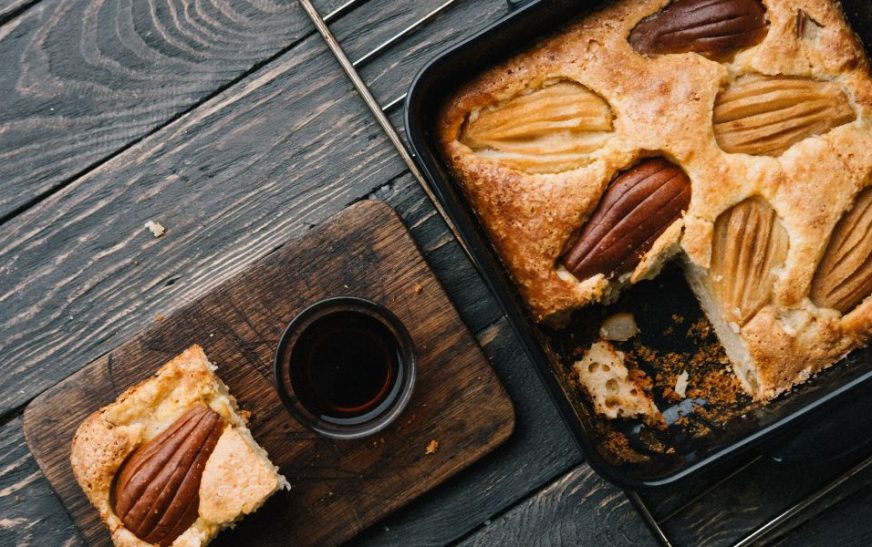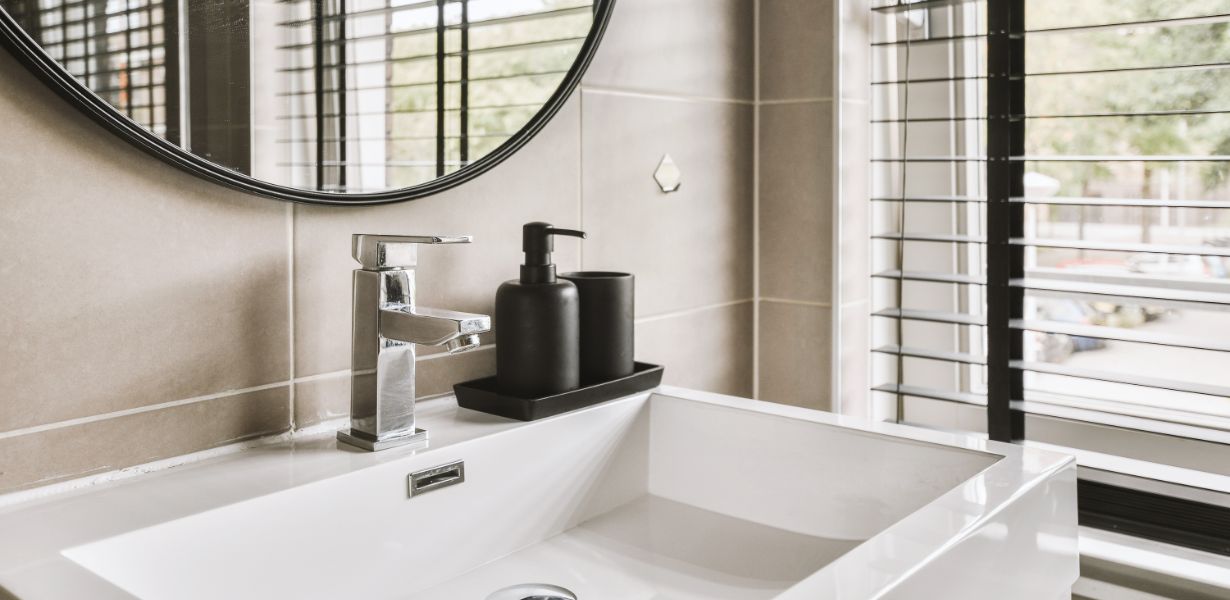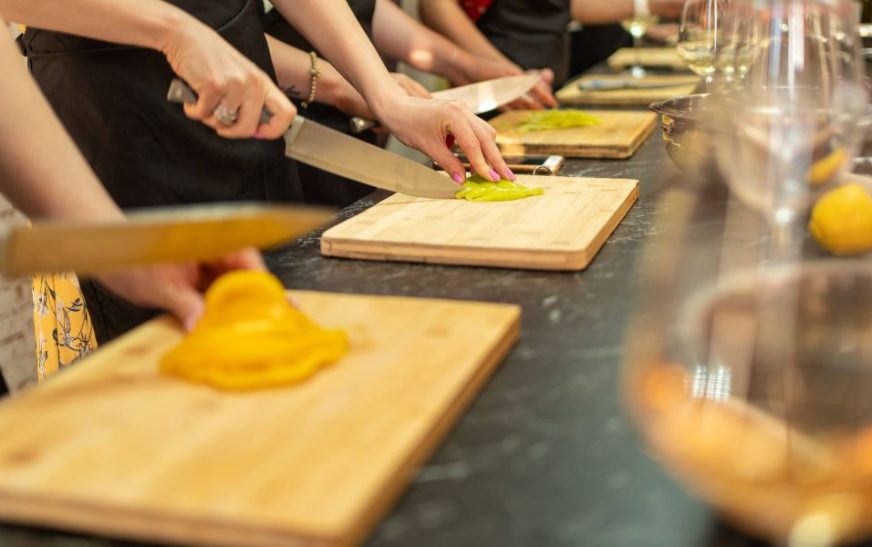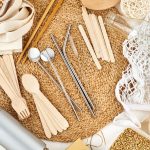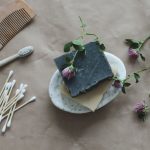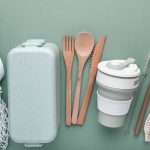In the realm of culinary artistry, where the alchemy of flavors and textures takes place, a chef’s best-kept secret often lies not only in their culinary skills but also in the tools they wield. Cookware and bakeware, the unsung heroes of the kitchen, play a pivotal role in turning ordinary ingredients into extraordinary dishes. In this comprehensive exploration, we dive into the fascinating science behind cookware and bakeware, unlocking the secrets that can elevate your culinary endeavors.
The Fundamentals of Cookware & Bakeware
Understanding the Essentials
To embark on our culinary journey, we first need to grasp the basics. Cookware and bakeware are not mere vessels for cooking; they are the conductors of heat and guardians of flavors. Understanding the differences between them is vital. Cookware is designed for stovetop cooking, while bakeware is tailored for the oven. Knowing when to use a frying pan versus a baking dish can make a world of difference in your dishes.
Material Matters
The choice of material in your cookware and bakeware is critical. From cast iron to stainless steel, each material has its unique properties. Cast iron retains heat exceptionally well, making it perfect for searing. Stainless steel offers quick and even heat distribution. This section will guide you through the material options available and their pros and cons.
Non-Stick Wonders
Non-stick cookware has revolutionized the way we cook. With advanced coatings and innovative designs, it’s essential to delve into the science behind non-stick surfaces. We’ll explore how these pans make cooking a breeze and how to care for them to maintain their effectiveness.
Cookware & Bakeware Sets: The Perfect Ensemble
The Art of Sets
Creating culinary masterpieces often involves an ensemble of tools working in harmony. Cookware and bakeware sets offer a convenient and cohesive approach to equipping your kitchen. We will explore what to look for in a set, ensuring you have the essentials to tackle any recipe.
Balancing the Collection
A well-rounded collection should include a variety of pieces, each suited for different cooking techniques. We’ll guide you through assembling a collection that comprises saucepans, skillets, baking sheets, and more, ensuring you’re prepared for every culinary challenge.
Best Cookware & Bakeware: Unveiling the Top Contenders
Performance is Key
As we venture deeper into the science of culinary art, we cannot ignore the role of performance in cookware and bakeware. Discover the top contenders in the world of cookware and bakeware, including renowned brands and models celebrated for their exceptional performance.
Durability and Longevity
Investing in quality cookware and bakeware is a long-term commitment. We’ll provide insights into the durability and longevity of these kitchen essentials, helping you make informed decisions that stand the test of time.
Maintaining Your Culinary Arsenal
The Care and Cleaning Ritual
Just as a painter cares for their brushes, a chef must maintain their culinary arsenal. Explore the best practices for cleaning, seasoning, and storing your cookware and bakeware to ensure they serve you faithfully for years to come.
Final Words
In the vast canvas of culinary art, cookware and bakeware are the brushes that help you paint your masterpiece. With the right tools and an understanding of their science, you’re poised to take your cooking to new heights. As you embark on your culinary adventures, remember that your choice of cookware and bakeware is not just a reflection of your style but a testament to your commitment to excellence in the kitchen.
Commonly Asked Questions
1. What is the best material for non-stick cookware?
The best material for non-stick cookware is typically PTFE (polytetrafluoroethylene). It provides excellent non-stick properties and is safe for most cooking applications. However, ceramic and silicone-based non-stick coatings are also popular choices.
2. How can I prevent my stainless steel cookware from sticking?
To prevent stainless steel cookware from sticking, ensure it’s properly preheated, and use an adequate amount of cooking oil or butter. Additionally, avoid overcrowding the pan, which can cause food to steam instead of sear.
3. Are there any health concerns with non-stick cookware?
Most modern non-stick cookware is considered safe for normal cooking use. However, it’s essential to avoid overheating non-stick pans, as excessive heat can release potentially harmful fumes. Always follow the manufacturer’s recommendations for safe use.
4. What cookware and bakeware set is ideal for a beginner chef?
For beginners, a cookware and bakeware set that includes a variety of essential pieces like saucepans, skillets, and baking sheets is ideal. Look for a set made of durable materials, such as stainless steel or cast iron, which are versatile and long-lasting.
5. How can I extend the lifespan of my bakeware?
To extend the lifespan of your bakeware, avoid using metal utensils that can scratch the surface. Always allow it to cool before cleaning, and hand wash when possible to protect non-stick coatings. Proper storage is also essential to prevent damage.

